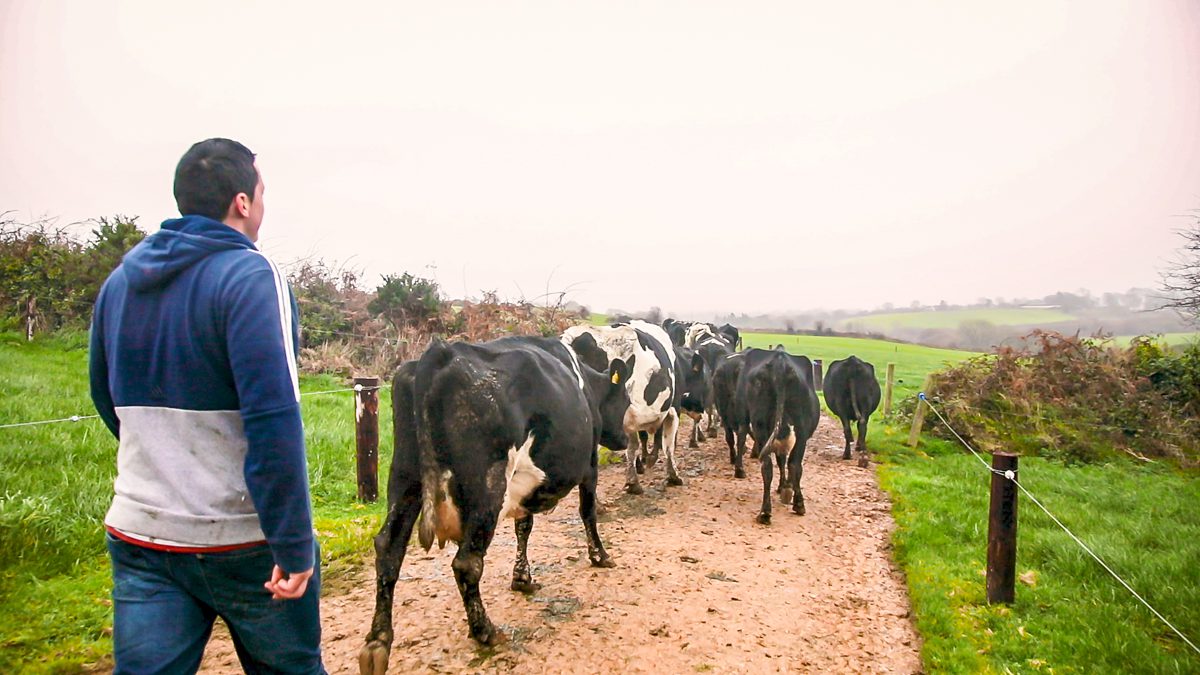Becoming a new entrant in the Irish dairy sector is never an easy move – with new entrants having plenty of financial, logistical and social challenges to overcome to survive and thrive in dairy.
However, with industry sources indicating that “stainless steel” is reaching capacity with milk supplies; an increased focus on environmental sustainability and cases such as An Taisce appealing a cheese plant in Glanbia’s Belview site, the hurdles are stacking up for those thinking about taking the plunge into dairy.
In light of this, Agriland approached Ireland’s largest milk processors and co-ops to establish whether they are taking on new entrants and, if so, how many are they taking on this year and next year?
Some processors were straight up about their new entrant situation; others, less so.
Starting with Kerry Group, a group spokesperson confirmed to Agriland:
“We had approximately 15 new entrants in 2021 which was higher than usual but anticipate a return to typically lower numbers from 2022.”
Next up, a Dairygold representative explained: “Dairygold’s milk supplier members have invested significantly in capital expansion projects for their forecasted increased milk volumes post milk quota removal.
“A comprehensive milk supplier census undertaken in 2020 indicates that Dairygold has adequate milk processing capacity out to 2025 and beyond to meet its milk supplier / members growth plans.”
The spokesperson said the organisation “continues to work with and accept milk” from qualifying new entrants who are farming in the Dairygold catchment area, subject to processing capacity and board approval, adding:
“Approximately 20 new entrants have now commenced milking in Dairygold region in the past 12 months with a further 20 planning to commence milk production in 2022.”
New entrants with remaining processors
After these, details start to get vague as the remaining processors stayed tight-lipped as to their new entrant numbers. However, a couple of interesting statistics are still to be found.
Carbery Group’s spokesperson gave a brief glimpse into the group’s situation, stating:
“Due to our structure, new entrants into milking are managed by each of the West Cork co-ops, vs. directly by Carbery. Neither Carbery or the co-ops have a cap on new entrants or are discussing same at the moment.
“Across the four West Cork co-ops, we expect new entrant numbers in the next three years to slow down or decrease and the number of new suppliers coming on board this year and next year to be low.
“Since the end of quotas the number of suppliers who have ceased milking is almost three times the number of new entrants coming on board in West Cork.”
Meanwhile, Lakeland Dairies issued a statement saying: “We took in our normal share of new entrants from our normal catchment area in 2021.
“We have surveyed our supplier base regarding future milk supply and we are evaluating that survey currently. We’ll be communicating the output of that survey directly with our suppliers in the first instance.’’
An Aurivo representative offered the following update on the Sligo-headquartered co-op’s current stance on new entrants:
“Aurivo Co-operative is in a position where we can comfortably process all milk from our supply base.
“We are currently in the process of surveying all our current suppliers and potential new entrants in relation to their future volume growth plans. We hope to have this survey completed in Q3 of this year.
“We are awaiting to learn the implications of the climate bill and whether this will have an impact on how our suppliers would like to grow.
“We are very confident that the lower stocking rate and excellent water quality in the Aurivo supplier region will be taken into account in any future legislation,” the co-op spokesperson said.
Finally, a representative for Arrabawn offered a single, vague sentence as to their situation:
“Arrabawn has had new entrants in 2021 and has commitments for others in 2022 and 2023.”
